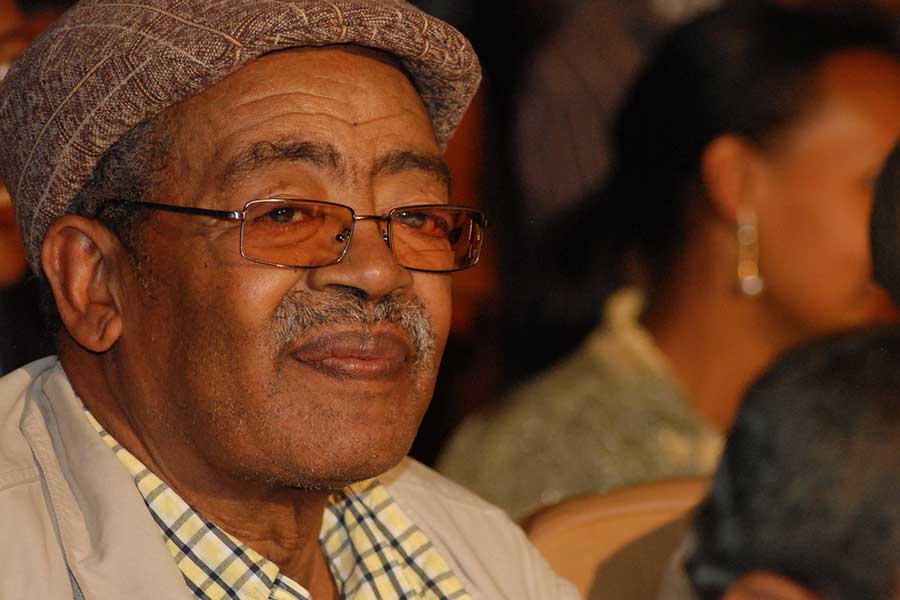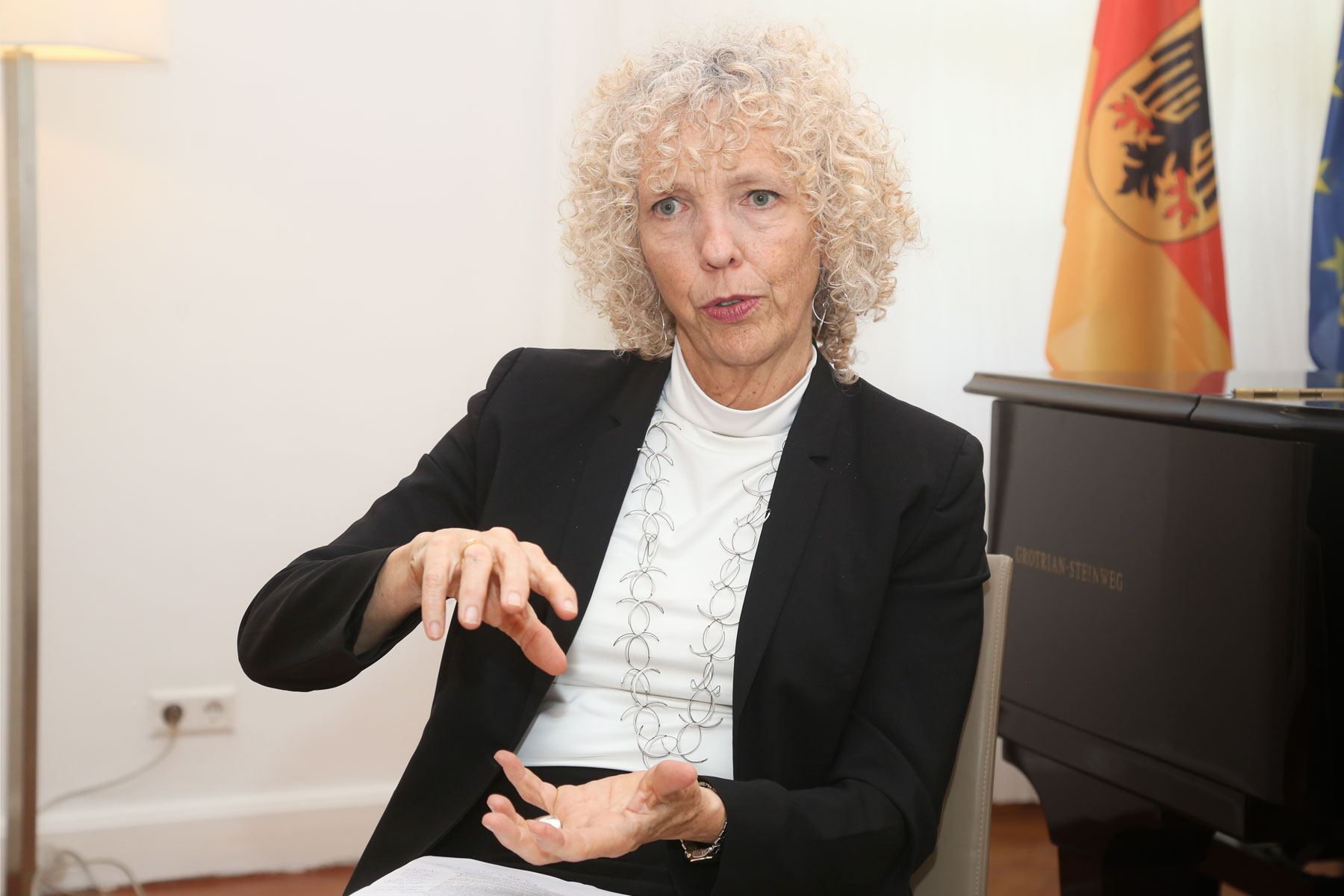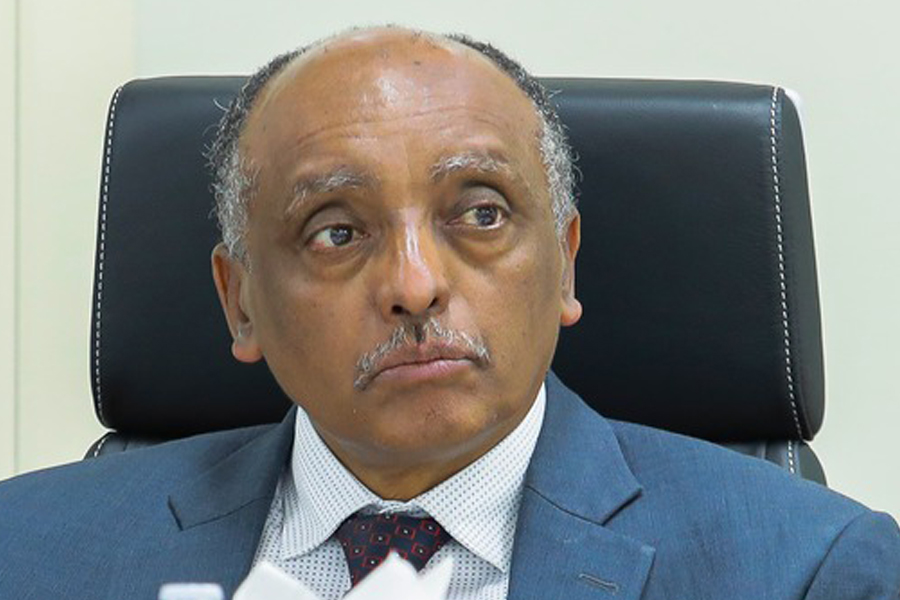
Fortune News | Oct 05,2019
The first time James Wolfensohn started working in Africa, a continent that would virtually become his mission as one of the more famous presidents of the World Bank, it was not an easy assignment. It was not that he did not like the continent. The problem was with communication.
He was only 28 when he flew to Lagos, Nigeria, to work for Rheem International, a company trying to build a factory there for the production of air-conditioners. Soon after his arrival, he was approached by a minister that could help him secure a piece of land fitting for the construction of the factory.
He was enthusiastic enough that he decided to see his newly acquired Nigerian partner speak at the parliament. Then he made the mistake of taking a photo inside the hall, an act security officers did not take lightly. He was promptly taken to prison, and the story of a spy infiltrating the hall of parliament to take photos was published in one of Nigeria’s oldest newspapers at the time, West African Pilot.
“Nigeria had given him some feel for the challenges confronting the World Bank in newly-minted nations,” writes Sebastian Mallaby in "The World’s Banker," which tells the story of the World Bank during the 10-year tenure of Wolfensohn at its helm.
The descriptions of Wolfensohn’s personality, who passed away aged 86 on November 25, 2020, are consistent to a fault. He was obsessive, combative and self-assured. He was best known as a banker before his World Bank years, having built an impressive array of networks within the power corridors that gave him access to much of the world’s elite.
More importantly, his ambitions at the World Bank, which dates its founding to the legendary Bretton Woods meetings, were never hidden. His model was Robert McNamara, whose career at the international financial institution came after his more famous post as United States Secretary of Defense during the Vietnam War. McNamara had articulated the Bank’s primary mandate as being on the frontline of the fight against poverty, and near the end of his term he introduced the infamous concept of structural adjustment programmes as the account balances of many African countries went dour.
McNamara would be replaced in 1981, and the Bank would go on to have three single term, mostly forgettable, presidents. Wolfensohn, meanwhile, would become a multimillionaire working on Wall Street before opening a successful consultancy. His versatility was notable, having been a cellist, a board member on various organisations and a philanthropist. Although he was born in Australia, he had also become a United States citizen, a de facto requirement to occupy the highest office at the Bank.
His time would come in 1995, where he narrowly beat out the favourite, Lawrence Summers, the Bank's former chief economist. It was a dream of over 14 years come true since he was first considered for the job. Unfortunately, he was to inherit a Bank, employer of some 10,000 people across the world, that was in deep crisis after having irked both the political left and the right. The former deplored it for its questionable structural adjustment programmes and its funding of projects in developing countries that were environmentally harmful and led to displacement.
The political right did not care for it, arguing that such a public sector lender was irrelevant in a world where private capital flows to developing countries stood at 206 billion dollars in the year he became president. Never mind that it is a tiny proportion of this flow that actually goes to sub-Saharan Africa.
The critics of the right had a point. The World Bank was not as nearly critical to Asian and Latin American countries at the turn of the century. They had experienced major booms in their economies. There was just one region that seemed never to get a break - Sub-Saharan Africa - and that was where Wolfensohn was going to focus.
At the time, Ethiopia had just come out of a debilitating civil war, with the distinction of being one of the most impoverished countries in the whole world. Its gross domestic product (GDP) was below eight billion dollars, and per capita income stood at an embarrassingly low 134 dollars. Only a third of the population was literate, and almost half of the population was living under the poverty line. The country was unremittingly poor.
Wolfensohn hoped to make it a mandate to refocus the image of the Bank on improving a lot of countries such as Ethiopia. He did this almost to a fault; his over-compensating for what was seen as the cold bureaucratic approach of the Bank bordered on the patronising.
Mallaby writes in-depth of his first working visit as president of the Bank, which was to five countries in Africa, where he exhibited all the hallmarks of virtue signaling and a white saviour complex. Wolfensohn underappreciated the aloof reception of the Ivorians. They failed to exhibit all the African clichés of traditional dances, rickety hotels, gift-giving villagers and mud streets, which Mali offered in droves to his delight.
But it was more than an image that he attempted to change. What he saw in African countries was the dilemma of debt. Many countries were struggling to repay their loans and thus borrowed more. The World Bank, ever since its McNamara days, had more or less vetoed talk of debt cancellations, giving Wolfensohn a challenge that would define his presidency.
With the International Monetary Fund (IMF), the Bank launched the Debt Relief Under the Heavily Indebted Poor Countries (HIPC) Initiative in 1996. By 2020, 36 countries had qualified for the initiative, with 76 billion dollars in relief since then.
Ethiopia was one of them. It meant that a year before Wolfensohn left the Bank in 2005, the country was relieved of 80pc of the debt service it owed the Bank Group. That year, a country that had an obligation to service over 41 million dollars got off easy with about a fourth of that.
“Debt relief was one of the most important things that came out in my period in the Bank,” he said. “The notion of regularising the debts of impoverished countries was quite revolutionary.”
PUBLISHED ON
Dec 05,2020 [ VOL
21 , NO
1075]

Fortune News | Oct 05,2019

Exclusive Interviews | Jun 01,2024

Fortune News | Sept 18,2021

Radar | May 04,2024

Radar | Feb 22,2020

Fortune News | Sep 08,2024

Fortune News | May 20,2023

My Opinion | Dec 23,2023

Radar | Nov 13,2021

Viewpoints | Apr 20,2024

Dec 22 , 2024 . By TIZITA SHEWAFERAW
Charged with transforming colossal state-owned enterprises into modern and competitiv...

Aug 18 , 2024 . By AKSAH ITALO
Although predictable Yonas Zerihun's job in the ride-hailing service is not immune to...

Jul 28 , 2024 . By TIZITA SHEWAFERAW
Unhabitual, perhaps too many, Samuel Gebreyohannes, 38, used to occasionally enjoy a couple of beers at breakfast. However, he recently swit...

Jul 13 , 2024 . By AKSAH ITALO
Investors who rely on tractors, trucks, and field vehicles for commuting, transporting commodities, and f...

Oct 4 , 2025
Eyob Tekalegn (PhD) had been in the Governor's chair for only weeks when, on Septembe...

Sep 27 , 2025
Four years into an experiment with “shock therapy” in education, the national moo...

Sep 20 , 2025
Getachew Reda's return to the national stage was always going to stir attention. Once...

Sep 13 , 2025
At its launch in Nairobi two years ago, the Africa Climate Summit was billed as the f...